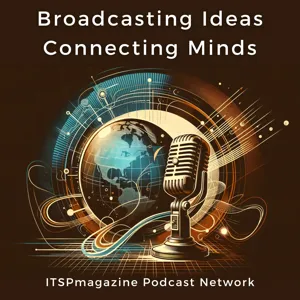Herbert Alexander Simon: A Multidisciplinary Mind Shaping Artificial Intelligence

Herbert Alexander Simon, a renowned American polymath, profoundly influenced a broad range of fields, including economics, psychology, and computer science. His significant contributions to Artificial Intelligence (AI) and cognitive psychology have shaped the understanding of human decision-making processes and problem-solving, embedding these concepts deeply into the development of AI.
The Quest for Understanding Human Cognition
Simon's work in AI was driven by his fascination with the processes of human thought. He sought to understand how humans make decisions, solve problems, and process information, and then to replicate these processes in machines. His approach was interdisciplinary, combining insights from psychology, economics, and computer science to create a more holistic view of both human and machine intelligence.
Pioneering Work in Problem Solving and Heuristics
Alongside Allen Newell, Simon developed the General Problem Solver (GPS) in the late 1950s, an early AI program designed to mimic human problem-solving strategies. This program was groundbreaking in its attempt to simulate the step-by-step reasoning humans employ in solving problems. Simon's work in this area laid the groundwork for later developments in AI, especially in symbolic processing and heuristic search algorithms.
Bounded Rationality: A New Framework for Decision-Making
Simon's concept of 'bounded rationality' revolutionized the understanding of human decision-making. He argued that humans rarely have access to all the information needed for a decision and are limited by cognitive and time constraints. This idea was pivotal in AI, as it shifted the focus from creating perfectly rational decision-making machines to developing systems that could make good decisions with limited information, mirroring human cognitive processes.
Impact on AI and Cognitive Science
Simon's contributions to AI extend beyond his technical innovations. His theories on human cognition and problem-solving have deeply influenced cognitive science and AI, particularly in the development of models that reflect human-like thinking and learning. He was also instrumental in establishing AI as a legitimate field of academic study.
A Legacy of Interdisciplinary Influence
Herbert Simon's legacy in AI is one of interdisciplinary influence. His work not only advanced the field technically but also provided a conceptual framework for understanding intelligence in a broader sense. He was awarded the Nobel Prize in Economics in 1978 for his work on decision-making processes, underscoring the wide-reaching impact of his ideas.
Conclusion: A Visionary's Contribution to AI
Herbert Alexander Simon's contributions to AI are marked by a deep understanding of the complexities of human thought and a commitment to replicating these processes in machines. His interdisciplinary approach and groundbreaking research in problem-solving, decision-making, and cognitive processes have left an indelible mark on AI, paving the way for the development of intelligent systems that more closely resemble human thinking and reasoning. His work continues to inspire and guide current and future generations of AI researchers and practitioners.
Kind regards Schneppat AI & GPT 5










